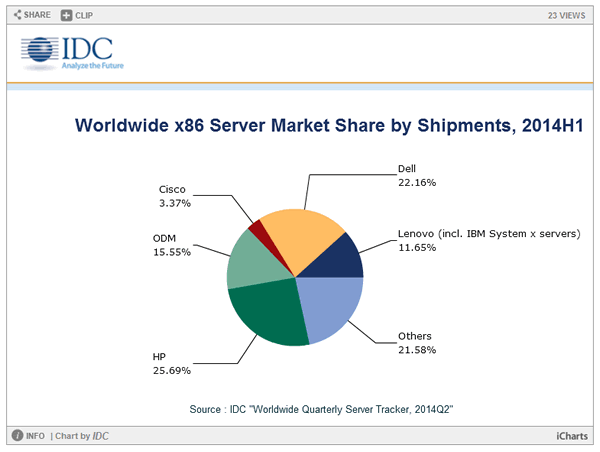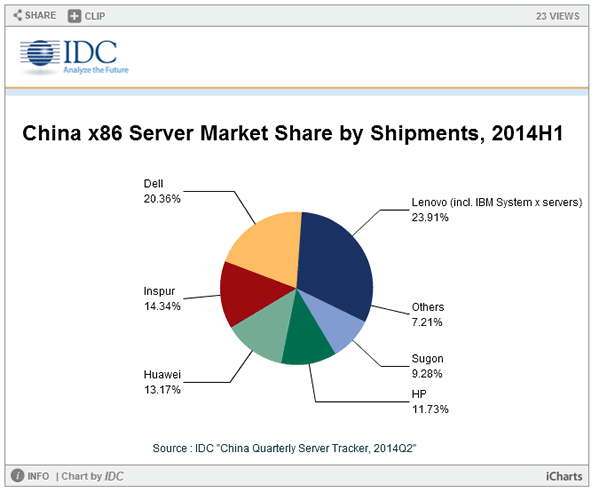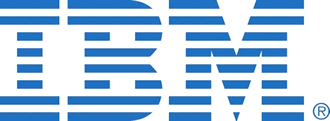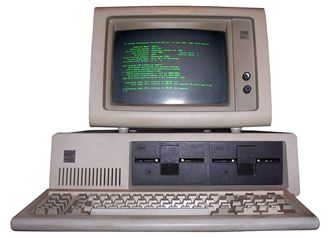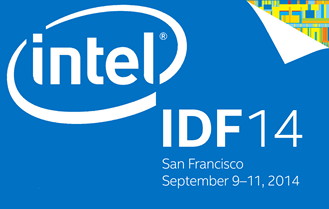 As far as we can see, Apple’s announcement of its iWatch put chip giant Intel in the shade yesterday.
As far as we can see, Apple’s announcement of its iWatch put chip giant Intel in the shade yesterday.
Yesterday was supposed to be Intel’s day, but as it doesn’t really have very much to say about anything except wearable technology, it didn’t really stand a chance.
We’ve noticed that Apple has received accolades from what our own Nick Farrell calls the Tame Apple Press. He defines TAP as uncritical media outlets – magazines to you and me – both journalistic people and publishers that swallow marketing pap and regurgitate it as if Apple, or Intel for that matter, was capable of telling any kind of truth.
Let me tell you, from past experience, Apple chooses very carefully the journalists it invites to its launches. As, for a matter of fact, does Intel.
It was, I think in 1990, that Apple announced something or other in London and dragged along the late Douglas Adams to give a witty presentation that wowed us all. However, I noticed that after the event had finished, Adams was talking to the Apple spinner about his reward – quite a lot of Apple DRAM.
Intel tries to play a similar game but is really cackhanded about it. It’s not really very good at marketing. Back in the old days it decided to set its legal department in my direction, and in other directions too. Then, under the captainship of Andy Grove, Intel was a bully and we all know that bullies need standing up to.
The corporate spin departments of these computing multinationals believe they can manipulate, bully, or even exclude journalists from the scene. Just in the last 25 years I’ve been personally told by the likes of Microsoft, HP and Intel that “I’d never work in this industry again”.
Intel has turned into Mr Nasty yet again,in the 21st century, but the truth is that it has had little or nothing to say for at least the last six years. Apple doesn’t seem to have much to say either unless you’re one of the famous fanbois that really must have something strapped to your wrist.
The truth is that commodisation of the IT industry has weaved its wicked way – Apple won’t even release its famous iWatch until next year. Intel getting into wearables is risible. And Microsoft is struggling to even give the impression that it has a stratagem.
The second decade of the 21st century just goes to show that these monsters of the late 20th century are just straw dogs, and the way ahead is way different from they think. Here’s what an Intel spinner had to say about yours truly, in relation to Mark Hachman:
“From: Francisco, Daniel J Sent: 24 March 1999 23:35 Subject: RE: more from Mike Magee on Compaq Merced Since we’re giving our two cents:) It’s really a juggling act. We’ve had some luck (ie, Mark Hachman, EBN, and PC World editors) with tough love approach, telling them they’ll get more access to us if they are more objective and less sensational/negative in their articles. The trick is actually not giving them the “special” access after we go down that path. In the case of Magee, his reporting doesn’t indicate that he values the exec access and the efforts to build a stronger relationship. Hachman was the same way when we started working with him. There is no value for the special access until it stops and is given to someone else. Then they realize the benefits of “working with us.” Hachman’s writing has come full circle. And following this last IDF and his ridiculous coverage, I’d be hard-pressed to lobby for Magee to come to future IDFs, especially on Intel’s dollar. Dan”
Dancing Dan Francisco – he’s a nice chap but still a corporate spinner after his INTC corporation experiences. Idiots.
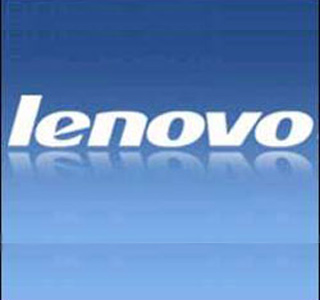 As we reported yesterday, Lenovo will acquire Intel’s X86 server business this week and that means it will be the biggest server company in mainland China.
As we reported yesterday, Lenovo will acquire Intel’s X86 server business this week and that means it will be the biggest server company in mainland China.